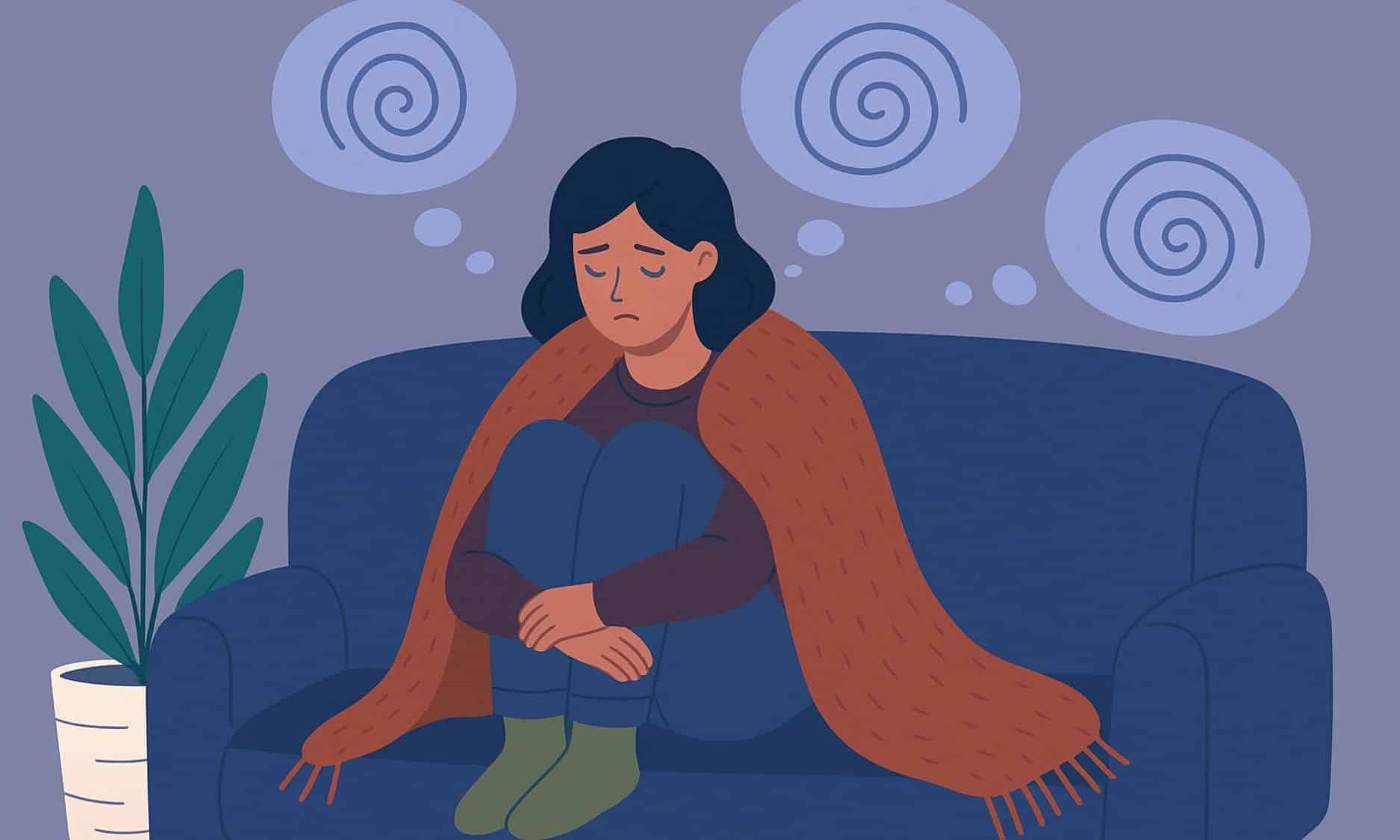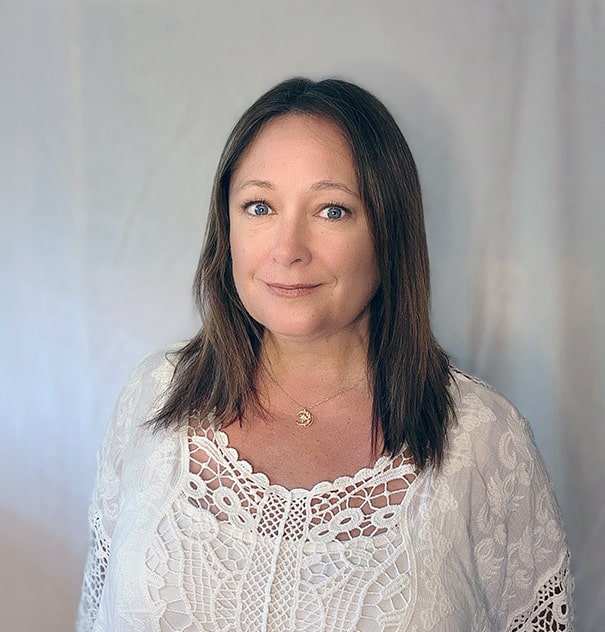When Grief Gets Stuck in a Loop
Have you ever noticed your thoughts circling around the same painful place? You’re washing dishes or driving or trying to sleep, and suddenly—there it is again. The same “what if.” The same image. The same sentence you’ve already replayed a hundred times.
Grief has a way of pulling us into loops. It’s not because we’re doing anything wrong. It’s because loss is confusing and disorienting. Our minds naturally want to make sense of something that doesn’t make sense. Yet sometimes, the way we try to find answers actually deepens our pain.
This is what researchers call grief rumination—a kind of repetitive, stuck thinking that often shows up in the wake of loss. These thoughts can feel urgent and important. However, instead of offering insight or comfort, they tend to tighten the grip of sorrow, guilt, or fear. And they’re surprisingly common.
What Is Grief Rumination?
Grief rumination is different from reflecting, remembering, or honoring your loved one. Those are meaningful and healthy parts of the grieving process. Rumination, on the other hand, is when thoughts start spinning in place—especially around things you can’t change:
- Why did this happen?
- What could I have done differently?
- Will I ever feel normal again?
It can feel like trying to solve a puzzle that has no solution. While this is a very human response to loss, research shows that persistent grief rumination is linked to prolonged grief disorder, depression after bereavement, and posttraumatic stress symptoms.
Why Do We Ruminate?
Our brains are built to search for meaning and control. When we lose someone we love, especially suddenly or traumatically, the mind often goes into overdrive. It tries to protect us or make sense of what happened. That’s why it might replay the events leading up to the loss, question every decision, or imagine how things could have gone differently.
This can be a way of staying close to the person we lost—or trying to regain a sense of control. Over time, though, these mental loops can become exhausting and isolating.
The Difference Between Thinking and Spinning
It’s important to say this: not all repetitive thoughts are bad. Some help us process. Others help us heal. The key is noticing the tone and direction of the thought.
- Is it making space for your grief—or trying to make it go away?
- Is it helping you understand your feelings—or just keeping them stirred up?
- Is it pointing you toward something new—or pulling you back into what already happened?
When your thoughts are circling without leading to new insight, gentleness, or release, you might be caught in a rumination spiral.
You're Not Alone in This
If this sounds familiar, you're in good company. Rumination is one of the most common ways grief shows up. Fortunately, it’s something we can learn to work with, rather than against. In the next post, I’ll share how to recognize the kinds of thoughts that support healing versus those that keep us stuck. I’ll also offer ways to meet them with awareness, not judgment.
Here’s something to try before the next post: bring awareness to one thought that feels heavy or repetitive. Instead of following it down the same path, ask yourself how it’s making you feel. Is it offering comfort or insight—or just keeping the pain stirred up?
This isn’t about spiritual bypassing. You don’t have to feel differently than you do. But noticing the impact of your thoughts—without piling on more pressure—can be a small act of self-kindness. A way of reclaiming even a little steadiness in the storm.
Next Article: Grief Rumination: Helpful vs. Harmful Thoughts


